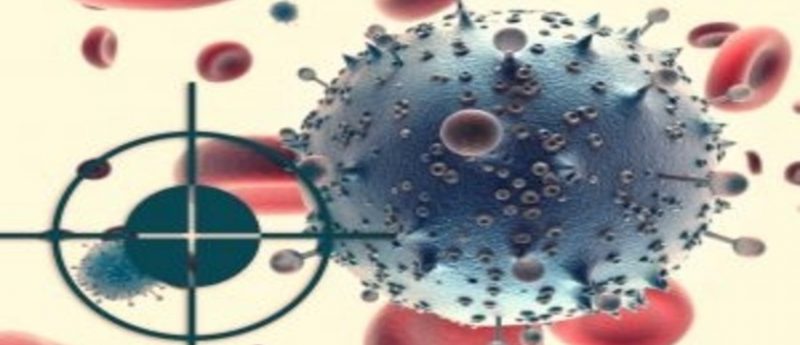Genetically engineered toxin-secreting stem cells developed for glioblastoma treatment

A team of scientists at the Massachusetts General Hospital (MA, USA) led by Khalid Shah have genetically engineered stem cells to produce toxins that are effective against glioblastomas, the most common form of brain tumors in adults. Details of how they developed these stem cells were published recently in Stem Cells.
The researchers utilized a mouse model to demonstrate that the toxin-secreting stem cells can kill cancer cells after the main tumor has been removed. Cytotoxins are currently utilized to target cancer cells, but have several limitations in solid tumors including systemic toxicity, short half-life and off-target delivery. Delivery of these toxins into the brains of patients has proved challenging in previous clinical trials; Shah’s team therefore devised a novel delivery method, encapsulating the stem cells in a biodegradable gel.
“A few years ago we recognized that stem cells could be used to continuously deliver these therapeutic toxins to tumors in the brain, but first we needed to genetically engineer stem cells that could resist being killed themselves by the toxins,” he commented. “Now, we have toxin-resistant stem cells that can make and release cancer-killing drugs.”
In an attempt to overcome the susceptibility of these stem cells to the cancer-killing toxins, Shah and his team induced toxin resistance in human neural stem cells by the addition of a mutation that prevents toxin action inside the cells. The stem cells were then genetically engineered to produce and secrete toxins.
“We tested these stem cells in a clinically relevant mouse model of brain cancer, where you resect the tumors and then implant the stem cells encapsulated in a gel into the resection cavity,” Shah continued. “After doing all of the molecular analysis and imaging to track the inhibition of protein synthesis within brain tumors, we do see the toxins kill the cancer cells and eventually prolonging the survival in animal models of resected brain tumors.”
Shah’s group are currently seeking US FDA approval to bring this and other stem cell-based treatments to clinical trials. Shah now plans to combine the toxin-secreting stem cells with a number of different therapeutic stem cells. Shah hopes that these therapies will be brought into clinical trials within the next 5 years.
Sources: Stuckey DW, Hingtgen SD, Karakas N, Rich BE, Shah K. Engineering toxin-resistant therapeutic stem cells to treat brain tumors. Stem Cells doi: 10.1002/stem.1874 (2014) (Epub ahead of print); Harvard University press release





